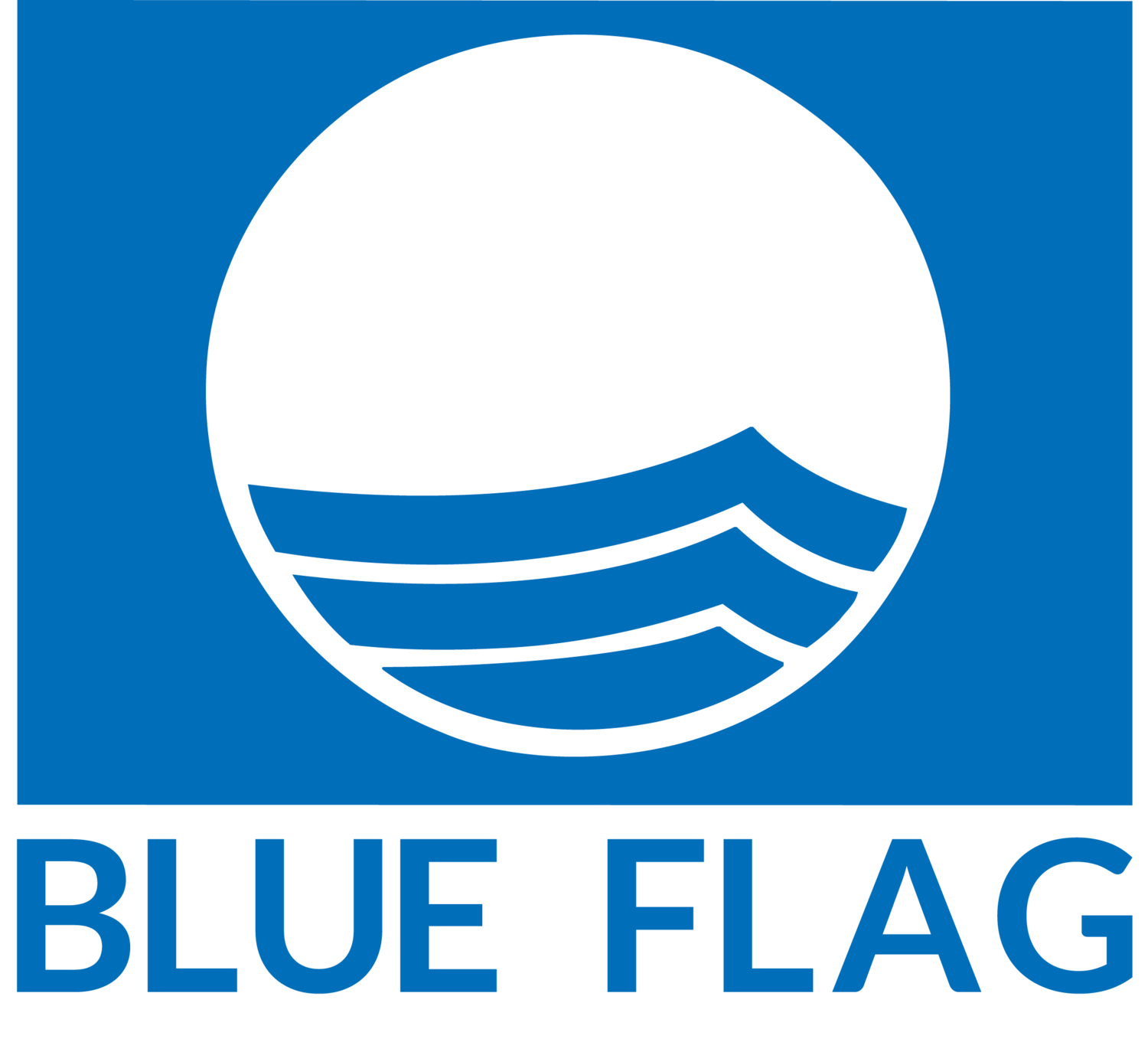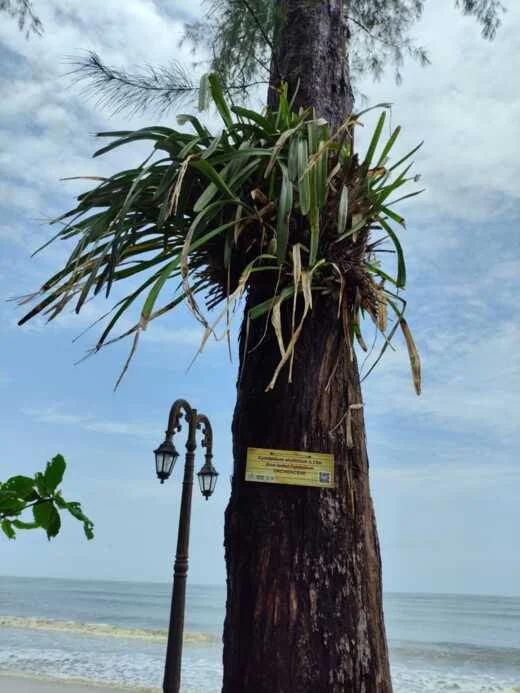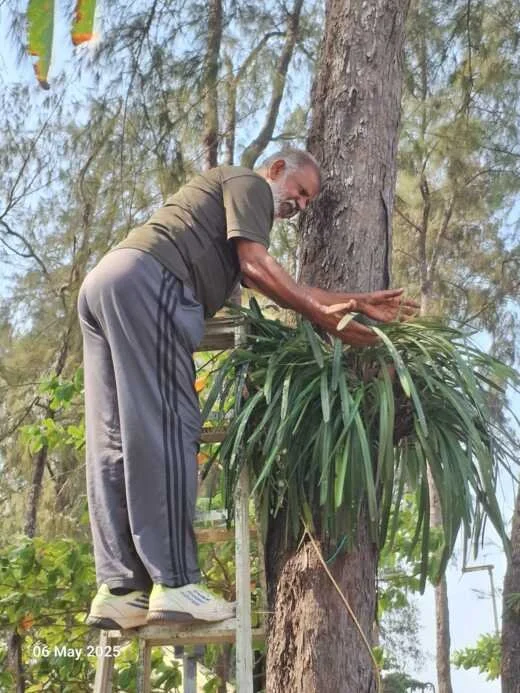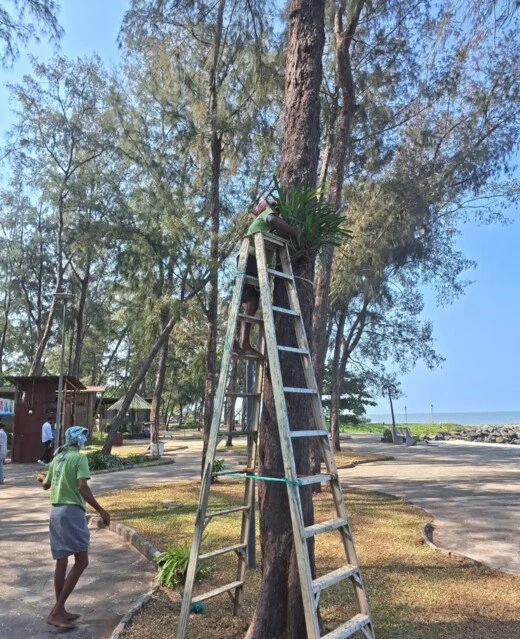Country: India
Site: Kappad Blue Flag Beach
Target: Tourists and visitors, Practitioners, Local communities and residents, Families and Kids
Short Description
In 2025, the Kappad Blue Flag Beach in Kerala launched a biodiversity initiative to rescue and rehabilitate endangered wild orchids displaced by highway development. Led by DTPC Kozhikode with the Malabar Botanical Garden, hundreds of native orchid species were carefully transplanted onto host trees within the beach’s protected ecosystem, with each plant geotagged for monitoring. Local staff and communities actively participated, turning the site into a living conservation classroom that links biodiversity with education and tourism. The project, inaugurated by Kerala’s Tourism Minister, showcased policy-level support and gained wide publicity, encouraging replication at other tourist destinations. By combining scientific expertise, community engagement, and the Blue Flag framework, it stands as a replicable model for conserving biodiversity in ecologically sensitive coastal regions.
Goals
To rescue and restore native wild orchids threatened by development, while promoting biodiversity conservation, community involvement, and eco-education at Kappad Blue Flag Beach.
Reproducibility
Lessons Learned: Timely action can prevent habitat loss, while empowering local communities fosters stewardship of natural heritage. Linking conservation with education and ecotourism boosts sustainability, and collaboration with academia, government, and international standards ensures credibility and scalability.
Reproducibility: The model is replicable in other ecologically sensitive regions, with success depending on scientific expertise, institutional collaboration, accurate development mapping, and strong community involvement. It serves as a good practice for biodiversity conservation in areas affected by infrastructure.




